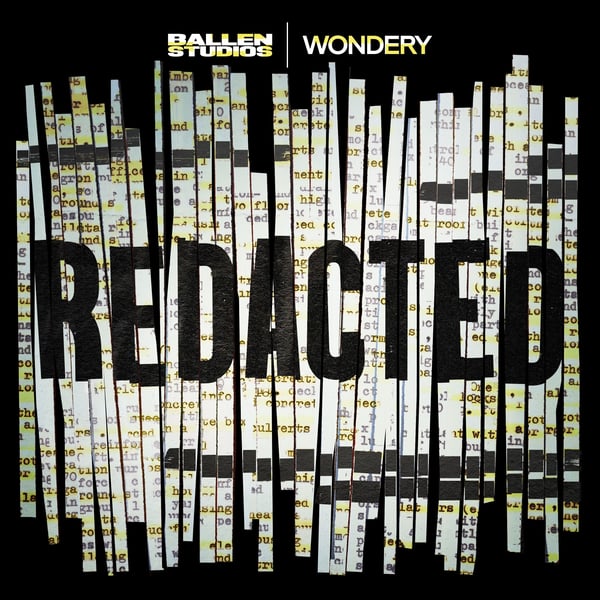Tuskegee Tragedy: The Medical Study That Hid a Genocide
REDACTED: Declassified Mysteries with Luke Lamana
Wondery | Ballen Studios
4.3 • 668 Ratings
🗓️ 1 April 2025
⏱️ 45 minutes
🧾️ Download transcript
Summary
In 1972, Alabama farmer Charlie Pollard discovered a horrifying truth. For 40 years, he thought he was getting treatment for syphilis. Instead, he was part of a secret government study. Hundreds of Black men were denied medicine while doctors watched the disease destroy their bodies. The truth about this cruel experiment stayed buried until one whistleblower finally came forward.
Be the first to know about Wondery’s newest podcasts, curated recommendations, and more! Sign up now at https://wondery.fm/wonderynewsletter
Follow Redacted: Declassified Mysteries with Luke Lamana on the Wondery App or wherever you get your podcasts. You can listen to new episodes early and ad-free on Wondery+. Join Wondery+ in the Wondery App, Apple Podcasts or Spotify. Start your free trial by visiting https://wondery.com/links/redacted/ now.
See Privacy Policy at https://art19.com/privacy and California Privacy Notice at https://art19.com/privacy#do-not-sell-my-info.
Transcript
Click on a timestamp to play from that location
| 0:00.0 | Wondery Plus subscribers can listen to Redacted, declassified mysteries early, and ad-free right now. |
| 0:07.0 | Join Wondry Plus in the Wondry app or on Apple Podcasts. |
| 0:19.1 | On a sweltering summer day in July 1972, |
| 0:23.6 | Charlie Pollard led his teenage grandson, along with a few cows, into a stockyard near Montgomery, Alabama. |
| 0:31.8 | As he went about his routine, the 66-year-old farmer heard a voice cut through the air, asking if he was Charles Pollard. |
| 0:40.2 | Pollard turned to see a woman approaching. |
| 0:42.5 | She first explained that she had been trying to track him down for a while. |
| 0:46.2 | Then, identifying herself as a journalist, she posed an unexpected question. |
| 0:51.9 | Had Pollard participated in a medical study 40 years ago, one involving a nurse |
| 0:57.4 | named Eunice Rivers. The familiar name made Pollard pause. He said that yes, he had been involved |
| 1:04.6 | in the study, starting back in the 1930s, when he was a young man. Doctors from the United States Public Health Service had come out |
| 1:12.6 | to Macon County, Alabama, offering free medical care to the residents. After an examination, |
| 1:18.6 | Pollard, along with other black men around his age, were diagnosed with bad blood. Back then, |
| 1:25.4 | bad blood was a catch-all term to describe many illnesses, from sexually |
| 1:29.8 | transmitted infections to fatigue or anemia. As Pollard spoke, memories came flooding back from |
| 1:36.9 | the decades he spent in the study. He recalled regular visits with doctors for blood tests |
| 1:41.9 | and injections. He hadn't seen the doctors in the last few years, |
| 1:46.0 | but apart from his arthritis, he felt okay for a guy his age. The journalist asked Pollard a few more questions, |
| 1:53.0 | and thanked him and abruptly left. Pollard stood there, puzzled. Her questions about a long ago study left him with a sense of |
| 2:02.7 | unease. But when he got home that night and read the newspaper, it became all too clear. A whistleblower |
| 2:10.5 | from the U.S. Public Health Service had exposed a chilling truth. The bad blood study Pollard had |
| 2:16.8 | participated in had been nothing but a lie. |
... |
Please login to see the full transcript.
Disclaimer: The podcast and artwork embedded on this page are from Wondery | Ballen Studios, and are the property of its owner and not affiliated with or endorsed by Tapesearch.
Generated transcripts are the property of Wondery | Ballen Studios and are distributed freely under the Fair Use doctrine. Transcripts generated by Tapesearch are not guaranteed to be accurate.
Copyright © Tapesearch 2025.

